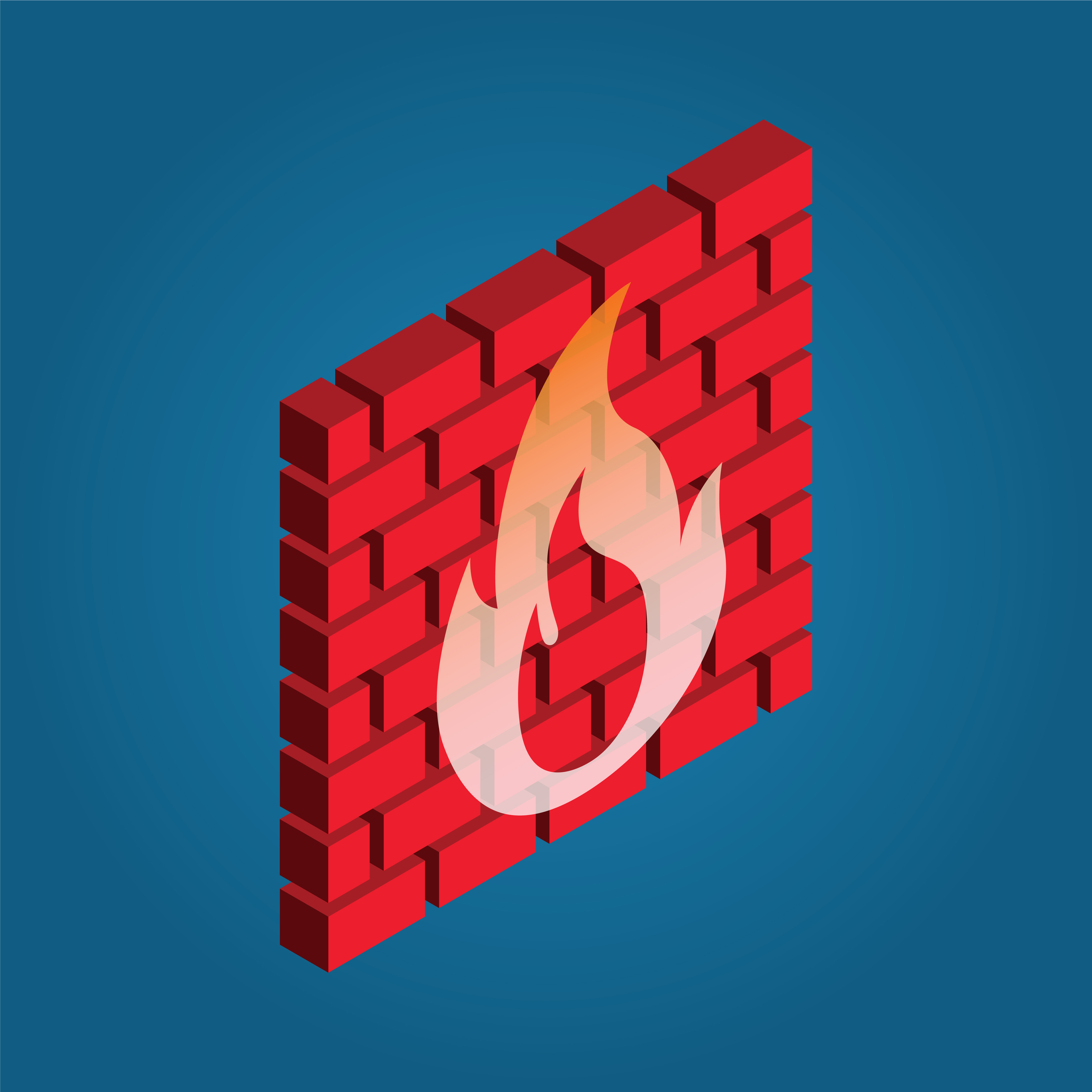Firewalls play a crucial role in safeguarding data and preventing unauthorized access. As cyber threats have evolved, so too have firewall technologies, resulting in the development of Next Generation Firewalls (NGFWs). This analysis examines the distinctions between traditional firewalls and NGFWs, highlighting their features and respective contributions to modern cybersecurity.
Traditional Firewalls
Traditional firewalls serve as a fundamental component of network security, primarily offering stateful inspection of network traffic. These devices monitor and control data flow based on state, port, and protocol, providing essential protection at the network’s entry and exit points. Additionally, traditional firewalls typically include Virtual Private Network (VPN) capabilities. However, they are increasingly inadequate in countering the varied cyber threats encountered today.
Next Generation Firewalls (NGFWs)
Next Generation Firewalls (NGFWs) represent an advanced evolution in firewall technology. Beyond the stateful inspection capabilities of traditional firewalls, NGFWs incorporate a multitude of features designed to address contemporary cybersecurity challenges comprehensively. NGFWs, often abbreviated as NGFW, offer enhanced security through a combination of advanced technologies and integrated solutions.
Key Features of NGFWs
NGFWs distinguish themselves with several advanced capabilities:
- Application Awareness and Control: Ability to identify, monitor, and manage applications.
- Integrated Intrusion Prevention System (IPS): Combines firewall functions with intrusion prevention for real-time threat mitigation.
- Deep Packet Inspection (DPI): Analyzes the content of data packets beyond just the header information.
- Cloud-Delivered Threat Intelligence: Utilizes real-time threat data from cloud-based sources for enhanced protection.
- SSL and SSH Inspection: Decrypts and inspects encrypted traffic to detect hidden threats.
- Sandboxing: Employs isolated environments to safely execute and analyze potentially malicious code.
- Performance Efficiency: Maintains robust security without compromising network performance.
- Advanced Threat Protection: Defends against complex threats, including zero-day exploits.
- Web Filtering: Controls and restricts access to potentially harmful websites.
- Integrated Antivirus, Antispam, and Antimalware: Offers comprehensive protection against a range of malware.
What is the Difference Between a NGFW and a Traditional Firewall?
| Traditional Firewall | Next Generation Firewall |
|---|---|
| Primarily provides stateful inspection of network traffic. | Combines stateful inspection with advanced security features. |
| Represents an older generation of firewall technology. | Embodies advanced, modern firewall technology. |
| Offers limited application visibility and control. | Provides comprehensive application visibility and control. |
| Operates at OSI layers 2 to 4. | Extends functionality across OSI layers 2 to 7. |
| Lacks application-level awareness. | Supports detailed application-level awareness. |
| Does not include reputation and identity services. | Integrates reputation and identity services. |
| Expensive to manage separate security tools. | Simplifies management with integrated security tools, reducing costs. |
| Does not offer a complete security package. | Provides a full suite of security technologies. |
| Cannot decrypt and inspect SSL traffic. | Capable of decrypting and inspecting SSL traffic in both directions. |
| Supports basic NAT, PAT, and VPN functionalities. | Enhances NAT, PAT, and VPN with advanced threat management features like sandboxing. |
| IPS and IDS are separate components. | Fully integrates IPS and IDS for streamlined security management. |
Conclusion
While traditional firewalls continue to play a vital role in network security, they fall short in addressing the sophisticated threats of the modern digital landscape. Next Generation Firewalls (NGFWs) offer a comprehensive and advanced security solution, integrating features such as application awareness, deep packet inspection, and SSL inspection. These capabilities make NGFWs indispensable for robust and effective network protection. Selecting the appropriate firewall technology depends on an organization’s specific security needs and risk profile, with NGFWs providing a superior option for comprehensive threat defense.
How Can Netizen Help?
Netizen ensures that security gets built-in and not bolted-on. Providing advanced solutions to protect critical IT infrastructure such as the popular “CISO-as-a-Service” wherein companies can leverage the expertise of executive-level cybersecurity professionals without having to bear the cost of employing them full time.
We also offer compliance support, vulnerability assessments, penetration testing, and more security-related services for businesses of any size and type.
Additionally, Netizen offers an automated and affordable assessment tool that continuously scans systems, websites, applications, and networks to uncover issues. Vulnerability data is then securely analyzed and presented through an easy-to-interpret dashboard to yield actionable risk and compliance information for audiences ranging from IT professionals to executive managers.
Netizen is an ISO 27001:2013 (Information Security Management), ISO 9001:2015, and CMMI V 2.0 Level 3 certified company. We are a proud Service-Disabled Veteran-Owned Small Business that is recognized by the U.S. Department of Labor for hiring and retention of military veterans.
Questions or concerns? Feel free to reach out to us any time –
https://www.netizen.net/contact



